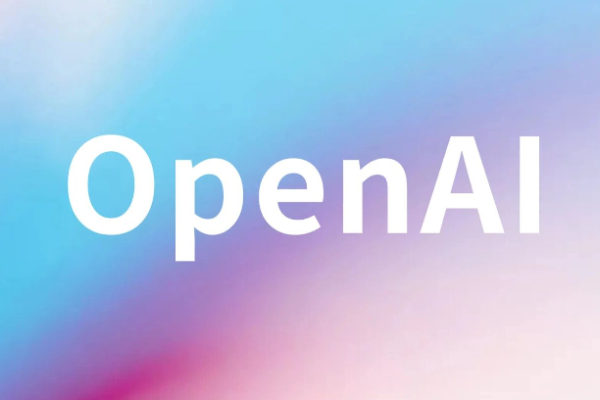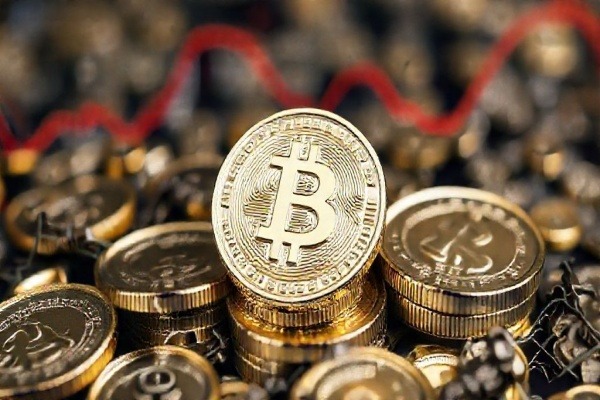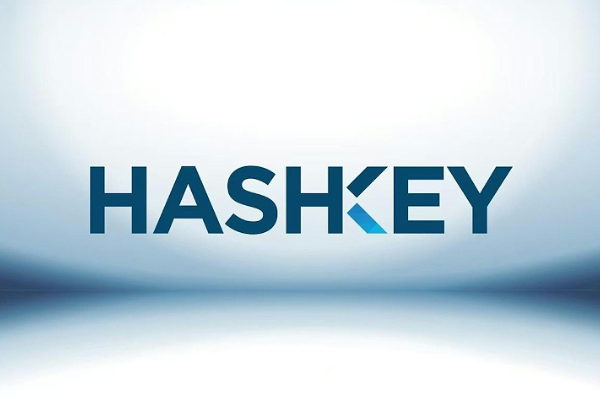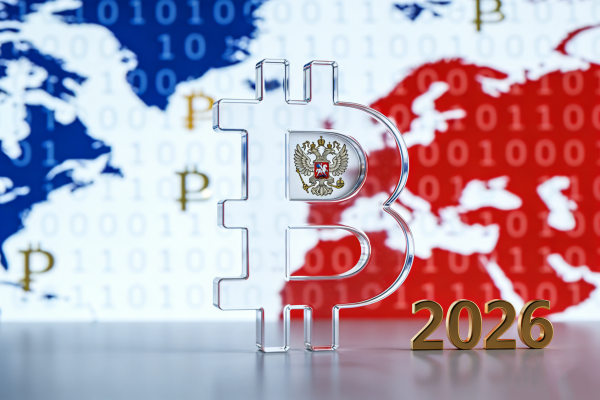Uber considers introducing stablecoins to optimize global payments, CEO says "great potential"
At the Bloomberg Technology Conference in San Francisco, Uber CEO Dara Khosrowshahi revealed that the company is actively studying the application prospects of stablecoins, trying to optimize its huge international payment network with the help of blockchain technology.
Khosrowshahi pointed out that as Uber's business spreads across many countries and regions around the world, cross-border capital flows have long become an important but complex operational task. Stablecoin technology may be a key tool to solve this pain point. "Stablecoins have very practical benefits for global companies," he said. "They can significantly reduce exchange and transaction costs while improving the efficiency and traceability of capital flows."
At present, Uber has not yet made it clear whether it will launch its own stablecoin or adopt existing mainstream stablecoins (such as USDC, USDT), but its technical team is comprehensively evaluating the compliance and feasibility of related solutions. Khosrowshahi said, "We are very interested in stablecoin technology, which is scalable and may completely change the global payment system in the next few years."
This statement also marks that the trend of traditional Internet giants moving closer to Web3 technology is accelerating. In the past few years, stablecoins have shown unique advantages in cross-border remittances, B2B settlements and other scenarios, and more and more technology companies regard them as one of the future alternatives to the international payment system.
Analysts believe that for Uber, which has a large driver network and user payment system, stablecoins can not only reduce intermediary fees, but also simplify the process of paying income to drivers in different countries, thereby improving overall operational efficiency. At the same time, in countries with severe inflation or unstable financial systems, stablecoins may also become a "stable anchor" in Uber's payment ecosystem.
It is worth noting that Khosrowshahi did not disclose a specific timetable, but said that Uber will continue to pay attention to technological development and regulatory policy trends, and decide on the next move on the premise of "safety, compliance and meaningfulness".
As global stablecoin regulation becomes clearer, the integration of technology and finance is also moving towards higher efficiency and lower barriers. Uber's attempt undoubtedly provides a strong endorsement for large multinational companies to explore blockchain payment models.









